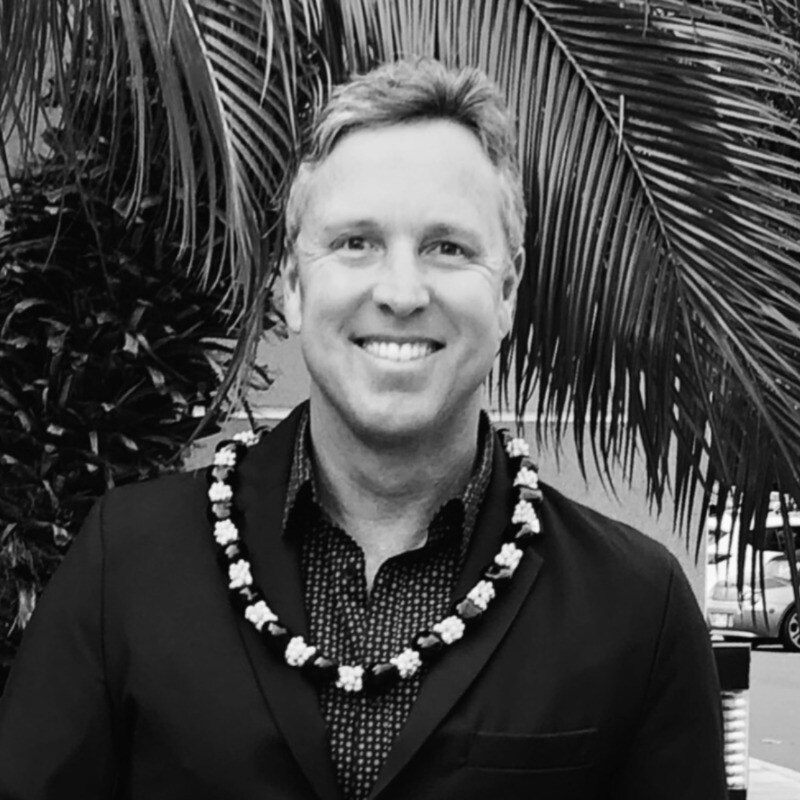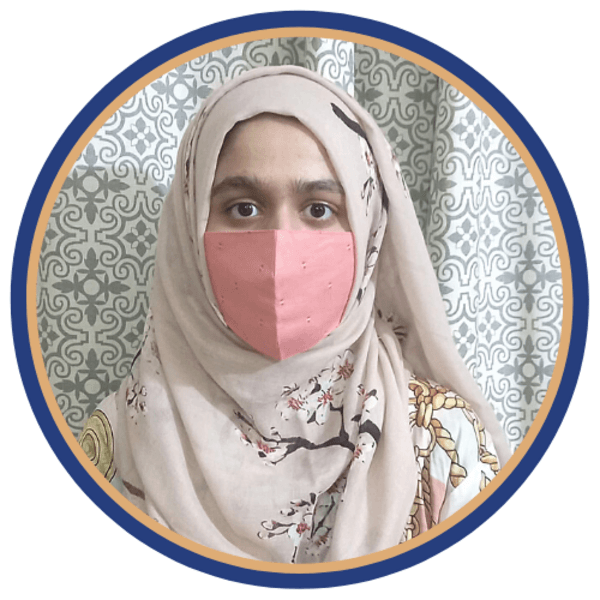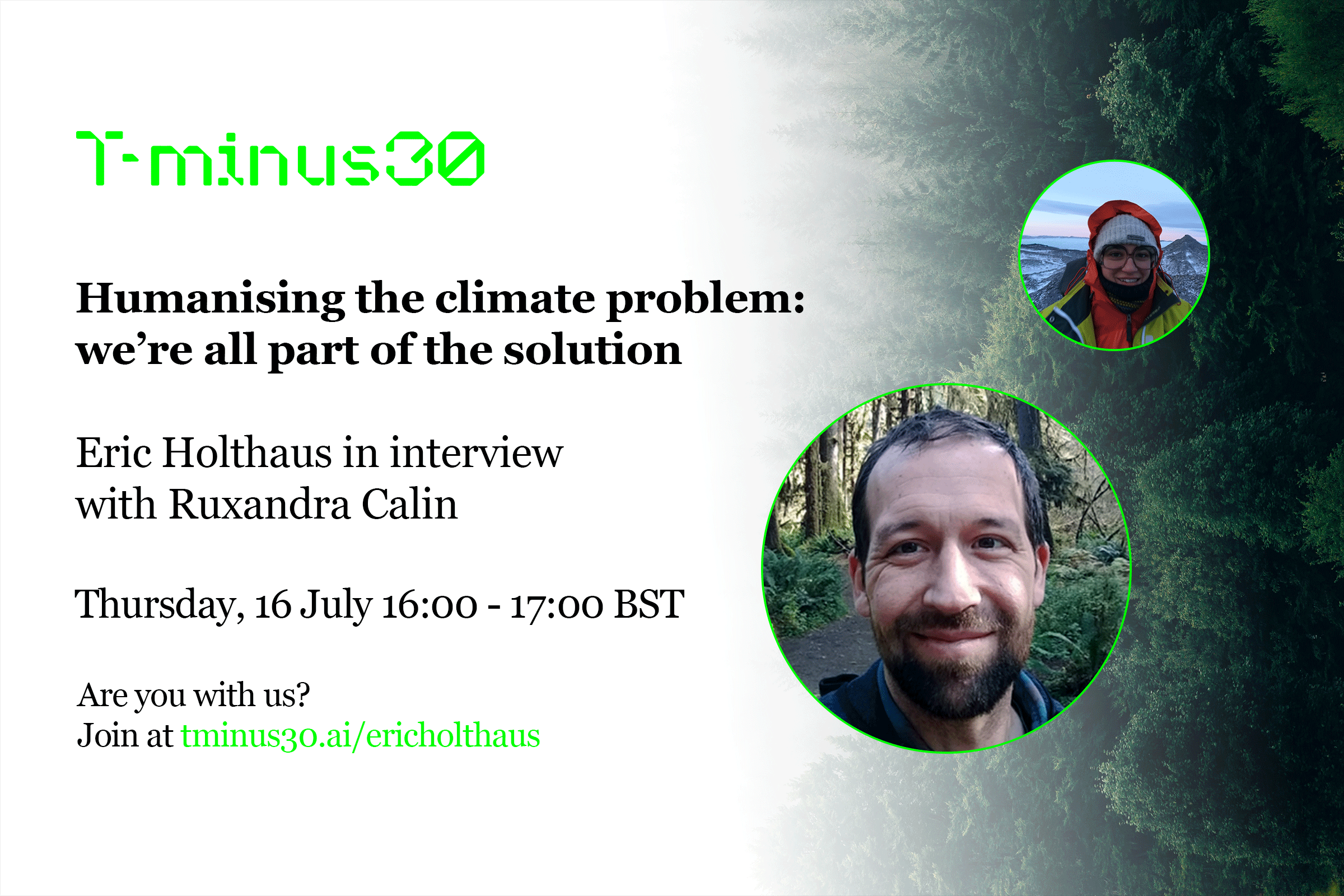Ahead of this talk at World Summit AI USA 2025 (June 18–19, San Francisco), we spoke with Joel Myhre—Humanitarian Innovator & Co-Chair of the UN Global Information Management Working Group for GIS, WHO EOC-NET.
With decades of experience at the intersection of technology and humanitarian aid, Myhre champions the transformative role of AI in addressing global crises like climate change, conflict, and public health. In this conversation, he shares his vision for a more inclusive, transparent AI future, shaped by open data, global collaboration, and equity-first innovation.
What’s your most compelling dream scenario for AI — a breakthrough that would fundamentally improve life on a global scale?
For over two decades, I’ve worked with technology and humanitarian response and I’ve been fortunate to attend WSAI events for the past seven years, and as I look forward, this is a critical time where AI innovations can help meet the enormous challenges of climate change and Humanitarian Response! My dream scenario is Humanitarian AI with inclusive and equitable governance, transparency, and algorithmic audits, open data to enable local first responders, and engagement with academia, industry, governments, and the United Nations to leverage AI to streamline response efforts.
.png?width=259&name=WSAI%20Amsterdam%20Orange%20no%20dates%202000x300%20(1).png)
.png?width=263&name=IM_Mothership_assets_LOGO_MINT%20(2).png)



